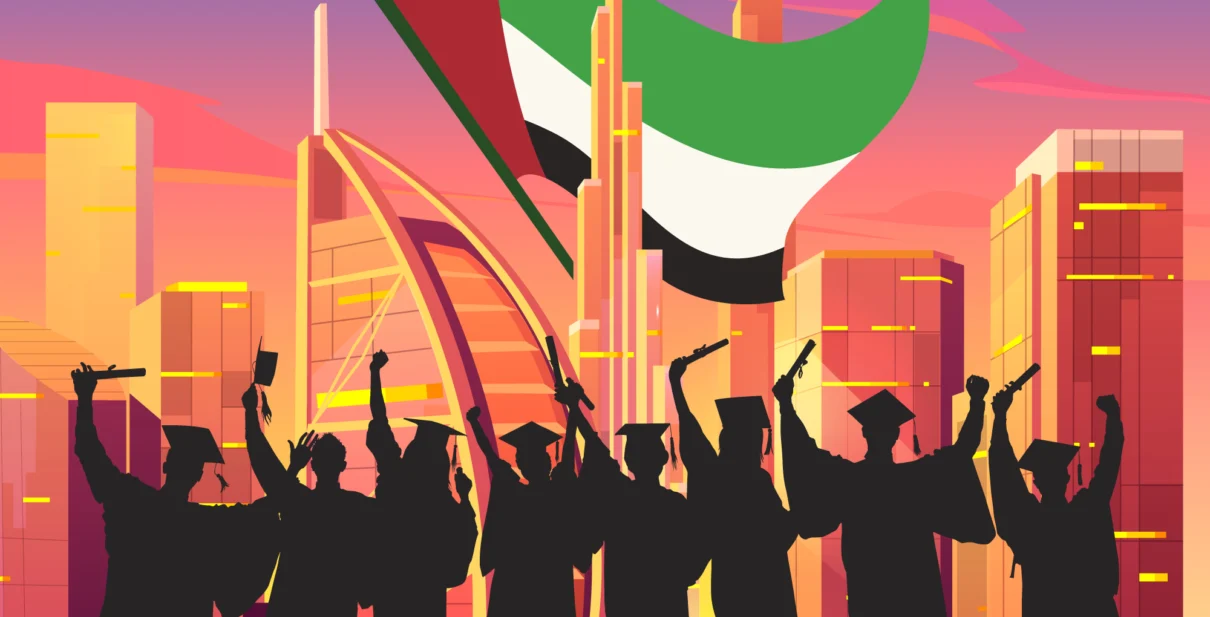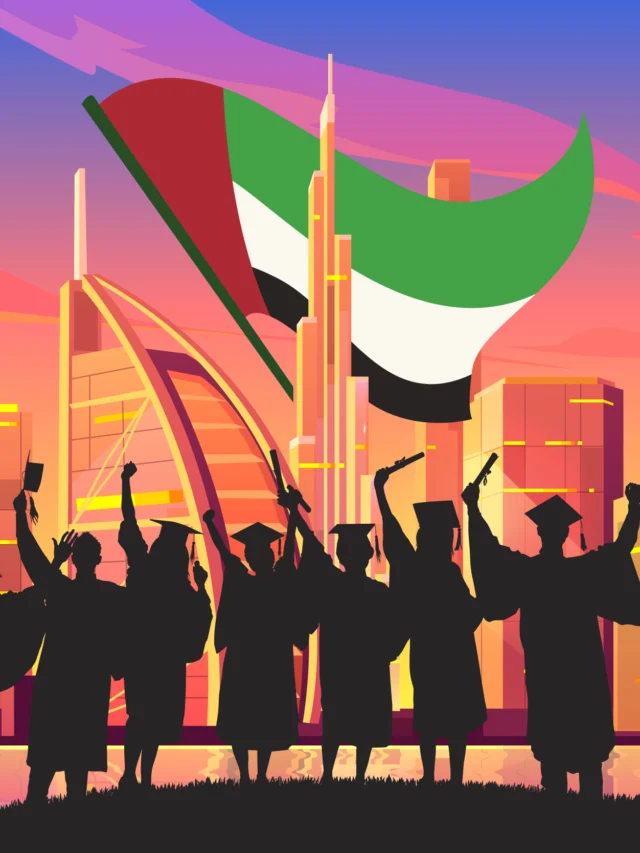Dubai, the financial and commercial centre of the United Arab Emirates (UAE), has made great strides in the past few decades in the field of education, causing people worldwide to recognise Dubai as an educational hub. As a result, it has become an educational hub for students from across the globe. Considering its wide range of top-notch schools, universities, and training institutes that offer world-class education in various fields, we discuss its finest aspects in this article. Here are the reasons for the rise of Dubai as an educational hub.
1. Government support
The government of Dubai has invested heavily in education, recognising it as a critical driver for the country’s future growth. The Dubai Education Strategy 2020, launched in 2017, aims to create a world-class education system to prepare students for the future. The strategy focuses on three main pillars:
- Ensuring high-quality education.
- Providing a supportive environment for students.
- Developing a solid education system that is responsive to the community’s needs.
The government of Dubai has also established various initiatives and programmes to support education and research. For example, the Mohammed Bin Rashid Al Maktoum Foundation, established in 2007, supports education, research, and development in the UAE and worldwide. The Dubai Future Foundation is another initiative that promotes innovation and research in various fields. Thus, the support from the government has been instrumental in the rise of Dubai as an educational hub.
2. Strategic location
Its location at the crossroads of Asia, Africa, and Europe makes it an attractive destination for international students and faculty and has contributed to the rise of Dubai as an educational hub. In addition, its modern airports, seaports, and transportation infrastructure provide easy access to and from many parts of the world.
3. Economic diversification
With a large expatriate population, Dubai is home to people from over 200 nationalities. Many expatriates have brought their families, and the demand for high-quality education has increased. The government of Dubai has responded to this demand by opening up new schools, colleges, and universities. In addition, Dubai’s economy has shifted from its traditional reliance on oil to a more diversified model focused on innovation, technology, and knowledge-based industries. This transition has created a demand for highly skilled workers and professionals, making education a critical component of the city’s long-term growth strategy. Thus, this economic diversification has played a key role in the growth of Dubai as an educational hub.
4. Innovation and technology
This emirate has embraced innovation and technology in all aspects of its economy, including education. The city has developed cutting-edge facilities and programmes in artificial intelligence, robotics, renewable energy, and smart cities. This level of innovation has attracted top-tier researchers and educators to the region, further boosting the reputation of Dubai as an educational hub. Dubai also has a range of vocational training institutes, providing students with hands-on training in various fields. In addition, the Dubai Silicon Oasis, a technology park in the city, provides academic institutions with access to cutting-edge technology and research facilities.
The city has also launched several initiatives to promote research and development, including the Dubai Future Accelerators program, which brings together academic institutions, startups, and government agencies to work on innovative projects.
5. Quality education
Several universities in Dubai offer undergraduate and graduate programs in business, engineering, medicine, and law, among other fields. Many of these universities have partnerships with leading universities worldwide, providing students access to the latest research and technology.
The Dubai International Academic City (DIAC) is a hub of universities and colleges, with over 27,000 students from over 145 countries. The Dubai School Inspection Bureau (DSIB) conducts regular inspections of schools, providing feedback and support to improve the quality of education. The Knowledge and Human Development Authority (KHDA) is another organisation that regulates education in Dubai.
6. Initiatives and research programmes
Apart from the Mohammed Bin Rashid Al Maktoum Foundation, the Dubai Science Park (DSP) is a hub for research and development, with over 350 companies working in various fields, including biotechnology, energy, and pharmaceuticals. The Dubai Future Accelerators is another initiative that brings together startups and government entities to work on innovative projects that solve real-world problems.
These factors have created a vibrant academic environment that attracts top students and faculty from around the world, contributing to the international recognition of Dubai as an educational hub. Dubai’s investment in education, diverse student population, quality of education, world-class infrastructure, and business opportunities have contributed to its rise as an educational hub. As Dubai continues to invest in education and innovation, the city will likely continue to grow as a global centre of learning and research.








